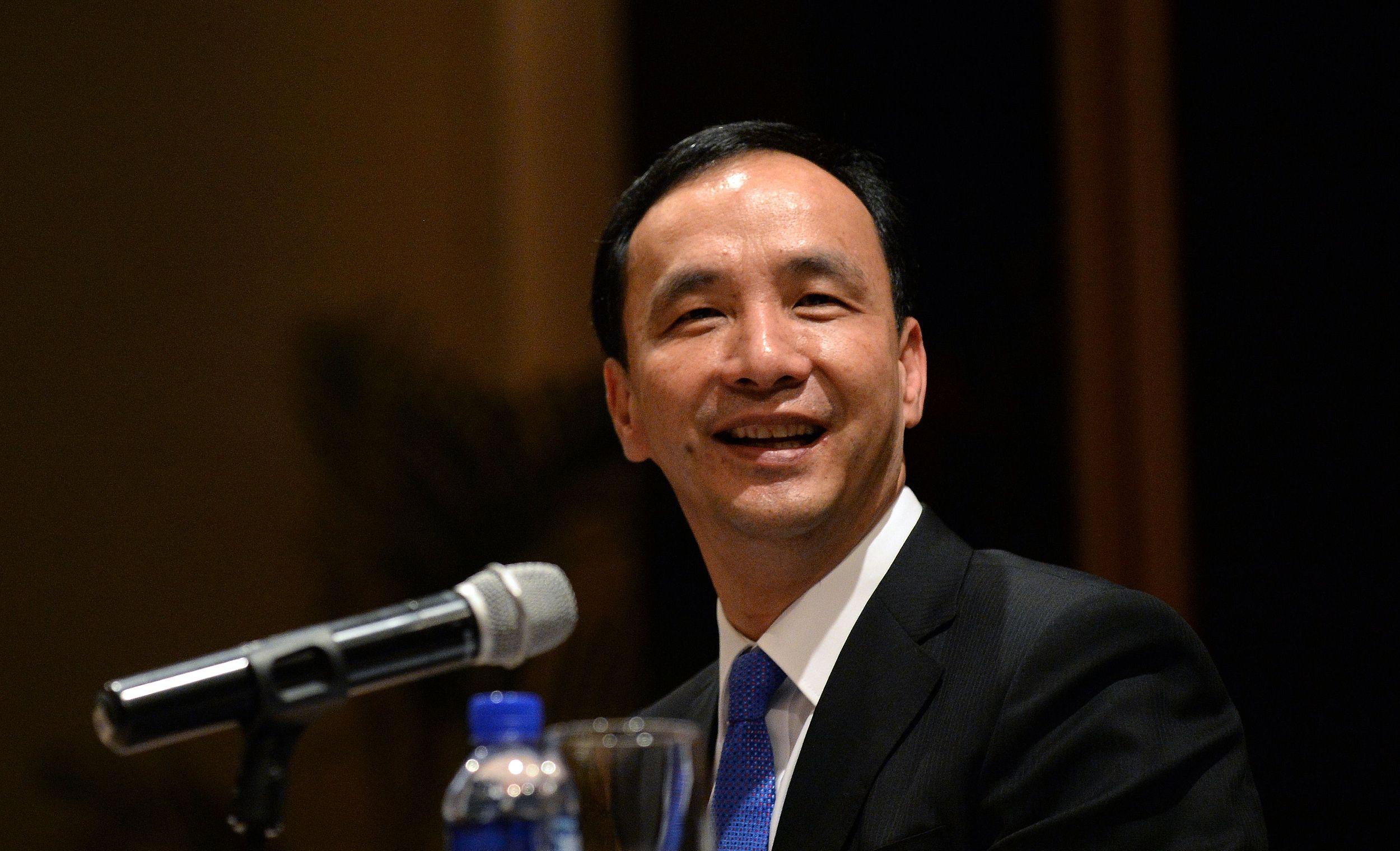According to the Taiwan media "Lianhe Bao", the "National Congress" of the Chinese Kuomintang will be held this Saturday (October 30), and on the 27th, the Standing Meeting of the Kuomintang Central Committee will pass the amendment to the "Policy Program of the Chinese Kuomintang" that symbolizes the "administrative policy" of the new chairman. Zhu Lilun, the new chairman of the Chinese Kuomintang, will delete the words "no reunification, no independence, and no force" from the political platform.

Zhu Lilun (infographic) Source: Visual China
According to reports, the political platform is titled "Protecting Taiwan, Safeguarding Democracy, Fighting for the Future, and Returning to Power" to strengthen attention to current social issues in Taiwan. The fundamental foundation and unchanging original intention of the Kuomintang of China, which advocates policy, is to be concerned with Taiwan's development, to be friendly to the people of the mainland, to connect with the international community, and to promote the ideal of a cosmopolitan world.
In terms of cross-strait relations, which have attracted the most attention, Zhu Lilun's version of the new political program affirms the current rise of the mainland's comprehensive strength, and said that it will continue the foundation of the past party constitution and political program, persistently oppose "Taiwan independence," and advocate that the two sides of the strait should shelve disputes and promote economic and trade liberalization and civil society exchanges in the spirit of "seeking common ground and respecting differences."
The political platform mentions the past foundation of the KMT's cross-strait line, including the "Common Vision for Peaceful Development of the Two Sides of the Strait" reached by the "HuLianHui" in 2005 and the basic policy of former Leader Ma Ying-jeou of the Taiwan region for 8 years in power.
In 2008, Ma Ying-jeou said during the Taiwan regional leadership election that if he was elected, cross-strait relations would be set at "no reunification, no independence, and no force" in the next eight years. Since then, the "three noes" model of cross-strait relations has become a political stand on cross-strait relations during his term of office and has been written into the political program of the Chinese Kuomintang.
It is worth mentioning that with regard to cross-strait relations, Zhu Lilun once mentioned in an exclusive interview on the radio that all the provisions of the KMT's party constitution and party program cannot be changed, but they must take into account the facts and the status quo, that is, the so-called "maintaining the status quo." He said: Only when the two sides of the strait can be at peace can they cooperate, "peace and harmony," and move from seeking common ground while reserving differences to seeking common ground and respecting differences and respecting each other. In the course of the current election of the Chairman of the Chinese Kuomintang, Zhu Lilun and the other three candidates all made positive statements on upholding the "1992 Consensus," opposing "Taiwan independence," and developing relations between the two parties and cross-strait relations, saying that compatriots on both sides of the strait belong to the Chinese nation, and that in order to defend the Chinese view of history and oppose the "Taiwan independence" view of history, it is necessary to restart cross-strait dialogue as soon as possible with the cross-strait consensus, restore cross-strait exchanges and cooperation, and safeguard peace and stability in the Taiwan Strait.
In addition, Zhu Lilun's new platform also contains a large number of current social concerns, such as the problem of low birthrate and ultra-elderly "risk society", the issue of protecting algae reefs, the global extreme climate issue, etc. The new platform advocates that the labor rights of expatriates should be guaranteed, artificial intelligence (AI) should be developed, and animal rights should be safeguarded.